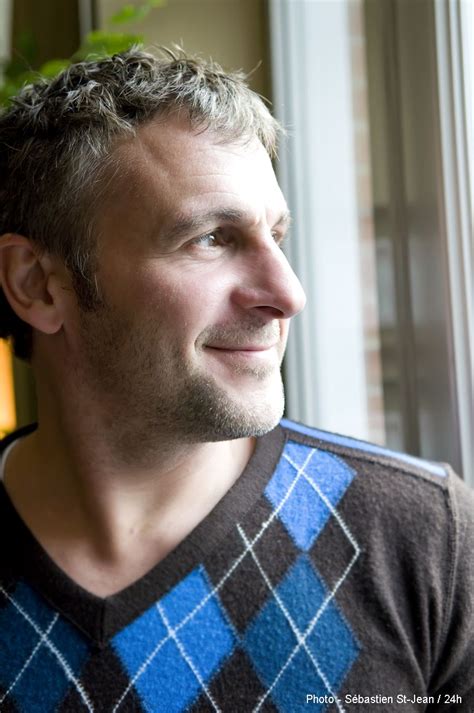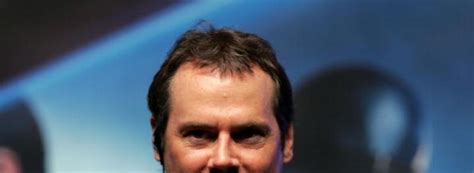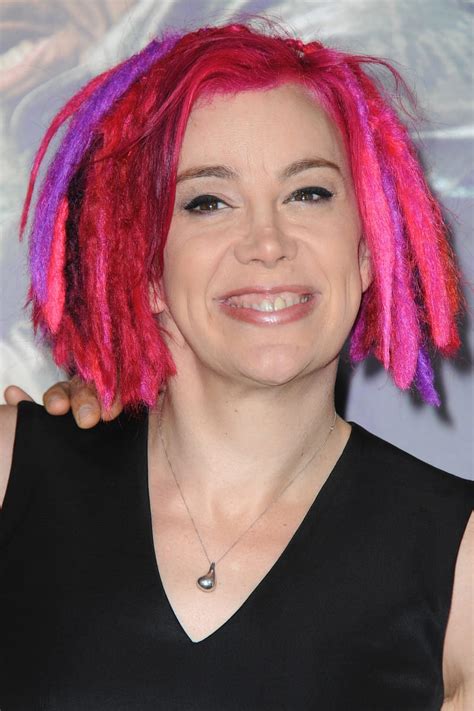A Quote by Patrick Huard
If you watch a movie, it never happens that you see a character that is in every single scene.
Related Quotes
One thing I've learned as an actor as well as a producer is to trust my own instinct. When I first started acting I would sometimes have ideas about certain things, whether it's a scene, or a character or certain dialogue, that wouldn't be followed. I was never in a position to have the power to press the matter. Sometimes it wasn't even about my character. But I'd watch the movie afterwards and think I was right.
Within a single scene, it seems to be unwise to have access to the inner reflections of more than one character. The reader generally needs a single character as the means of perception, as the character to whom the events are happening, as the character with whom he is to empathize in order to have the events of the writing happen to him.
I basically made the movie from the crew's suggestions. For one scene, I wanted some kids' toys against the wall in Mikey's room, to give the scene texture, and we tried a field hockey stick. It looked really good to me, until someone had to say that in America, field hockey is more of a girl's game. Gradually I got tuned into the world - that happens on every movie.
I went from people just thinking I was, like, a baby to people thinking I’m this, like, sex freak that really just pops molly and does lines all day. It’s like, 'Has anyone ever heard of rock 'n' roll?' There’s a sex scene in pretty much every single movie, and they go, 'Well, that’s a character.' Well, that’s a character. I don’t really dress as a teddy bear and, like, twerk on Robin Thicke, you know?
I put in all the dirty words. It works really well. The thing that we found with 'Drive Angry,' more than anything else is that we wrote the movie that we wanted to see. I've done that before. I've wanted to see 'Jason X'. It did not become the movie that I thought it would be. That happens. It's happened with every movie I've ever done.




































